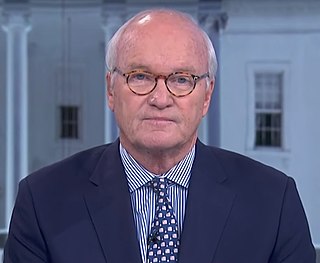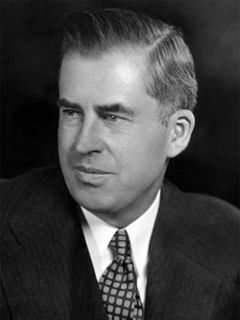A Quote by Mike Barnicle
The United States of America, justifiably and proudly, went to war in Afghanistan in early winter of 2001. The United States invaded Iraq on a false premise in the spring of 2003.
Related Quotes
It was not the United States who invaded Kuwait; it was Iraq. It was not the United States that went to war with Iran; it was Iraq. It was not the United States that fired chemical weapons at Iran; it was Iraq. And it was not the United States that murdered innocent Iraqi citizens with chemical weapons; it was Iraq.
In the Islamic world, the U.S. is seen in two quite different ways. One view recognizes what an extraordinary country the U.S. is.The other view is of the official United States, the United States of armies and interventions. The United States that in 1953 overthrew the nationalist government of Mossadegh in Iran and brought back the shah. The United States that has been involved first in the Gulf War and then in the tremendously damaging sanctions against Iraqi civilians. The United States that is the supporter of Israel against the Palestinians.
When the United States first went into Afghanistan in 2001, it devastated the Taliban and Al Qaeda in a matter of weeks using only a few hundred C.I.A. and Special Operations personnel, backed by American air power. Later, when the United States transitioned to conventional Pentagon stability operations, this success was reversed.
I think the President's decision to withdraw the United States, to keep a campaign promise in Iraq, without leaving a stay-behind force was a mistake, and I hear that from veterans in Wyoming and from parents who lost children fighting in Iraq. We're seeing it, though, around the world. When we, the United States leads a vacuum anywhere, that emboldens others to go in, when there is no sense of deterrence by the United States that lets bad actors move and fill the void.
Currently, the United States has troops in dozens of countries and is actively fighting in Iraq, Syria, Libya, and Yemen (with the occasional drone strike in Pakistan). In addition, the United States is pledged to defend 28 countries in NATO. It is unwise to expand the monetary and military obligations of the United States given the burden of our $20 trillion debt.
If we trace origins of anarchism in the United States, then probably Henry David Thoreau is the closest you can come to an early American anarchist. You do not really encounter anarchism until after the Civil War, when you have European anarchists, especially German anarchists, coming to the United States. They actually begin to organize. The first time that anarchism has an organized force and becomes publicly known in the United States is in Chicago at the time of Haymarket Affair.

































